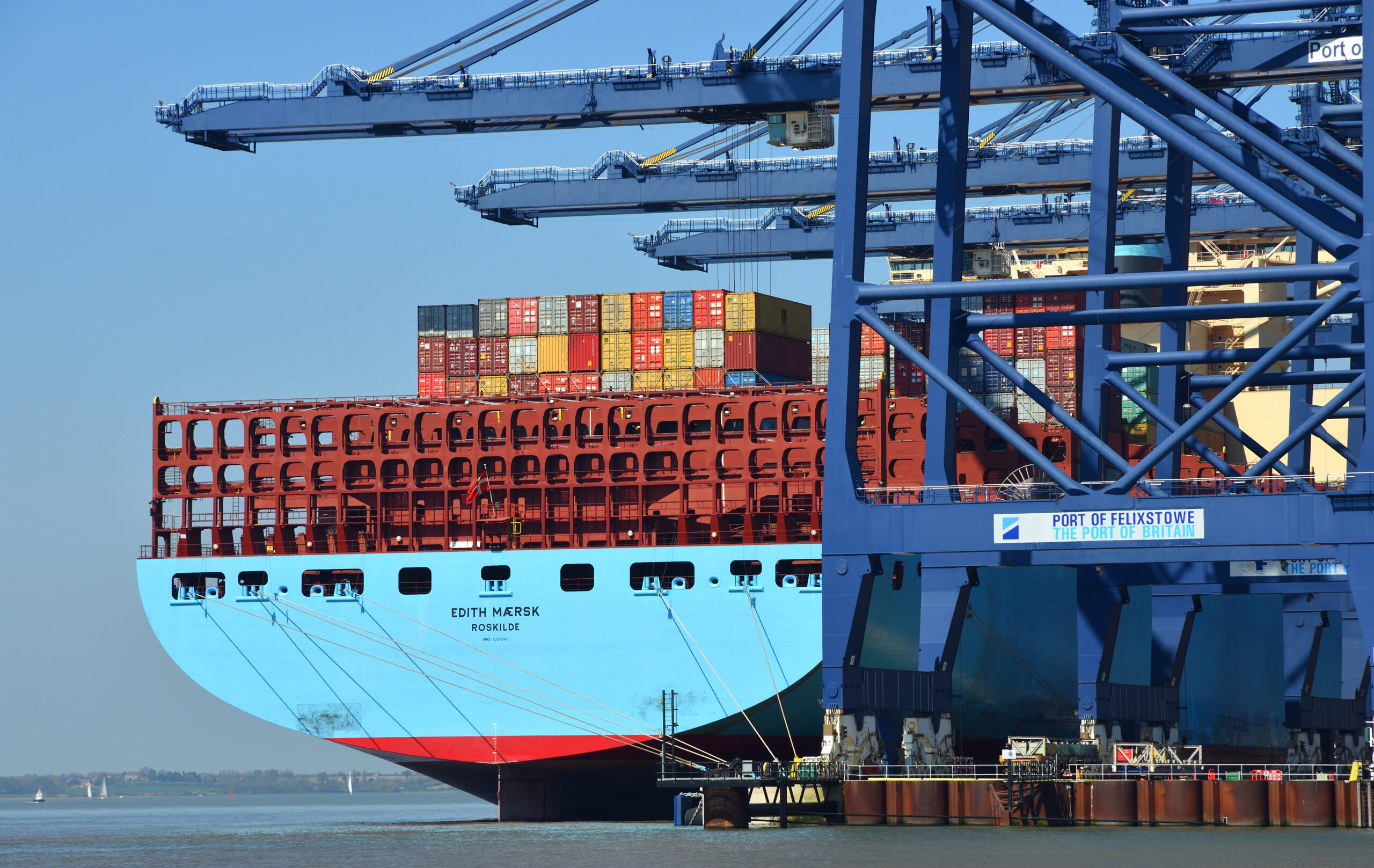As the negotiations concluded at the 18th meeting of the Intersessional Working Group on the Reduction of Greenhouse Gas Emissions from Ships (ISWG-GHG 18) at the International Maritime Organization (IMO) headquarters in London, ship management companies are raising concerns over the unintended consequences of the proposed universal greenhouse gas (GHG) levy.
InterManager, the international association representing ship managers, has submitted a proposal to the upcoming meeting of the Marine Environment Protection Committee (MEPC 83) that urges refinements to ensure a fair and practical application of GHG regulations.
The primary contention is that the current IMO proposal risks misallocating legal and financial responsibility for carbon emissions onto third-party technical managers, despite their lack of control over key emission-related decisions. Approximately 20% of the world’s commercial fleet is managed by third-party ISM (International Safety Management) managers, who are responsible for ensuring compliance, but who have no authority over vessel design, engine type, fuel procurement or operational parameters, such as route and speed – all of which directly influence emissions.
InterManager argues that, while ship managers are integral to the collection and reporting of emissions data, they do not have decision-making power over a vessel’s carbon footprint. The responsibility for selecting engines, alternative fuel installations, and bunker fuel contracts lies with shipowners and charterers. As such, assigning compliance penalties to ship managers is both impractical and legally unsound.
In a text submission to MEPC 83, InterManager states: ‘Ship managers are not consulted and, in addition, have no influence as to which fuels are procured and supplied to any of the managed ships, neither contractually nor in practice. The matter is negotiated between the shipowner and the charterer and agreed in the charter party agreement for the ship, together with speed and consumption, the remaining significant parameters impacting on its GHG intensity.’
If the IMO’s proposed framework were to hold ship managers accountable for GHG compliance costs, it would impose significant financial burdens, which forces managers to demand financial security from shipowners. This would tie up capital in risk mitigation measures, rather than investment in fleet decarbonisation initiatives.
InterManager’s President, Sebastian von Hardenberg, commented: ‘We ship managers are fully committed to playing our part in shipping’s journey to net zero. However, when it comes to the GHG intensity of a ship, ship managers have no say whatsoever in any of the decisions that result in material impact they are not even consulted. In shore terms, we are the Facility Managers, not the Factory Owners.’



